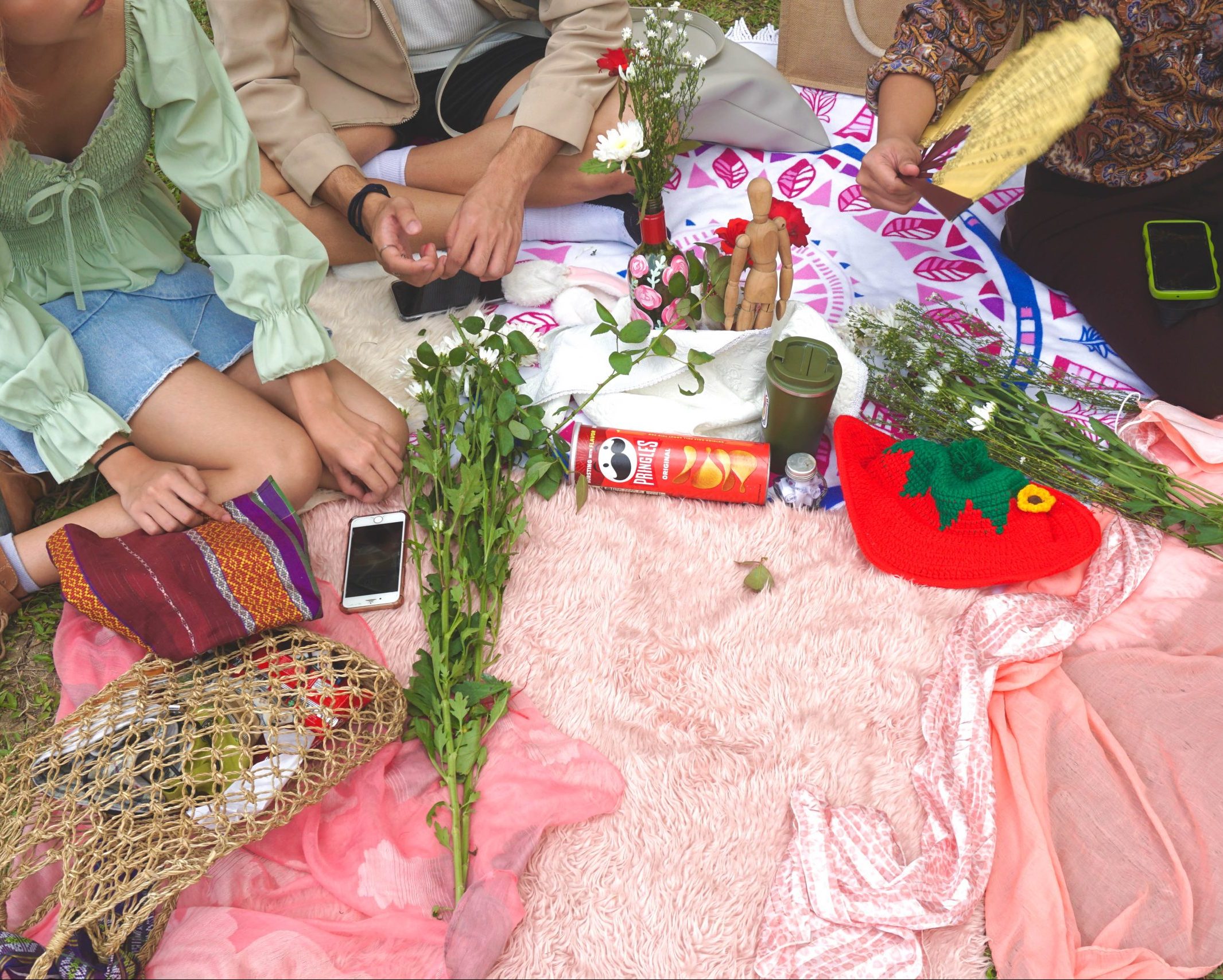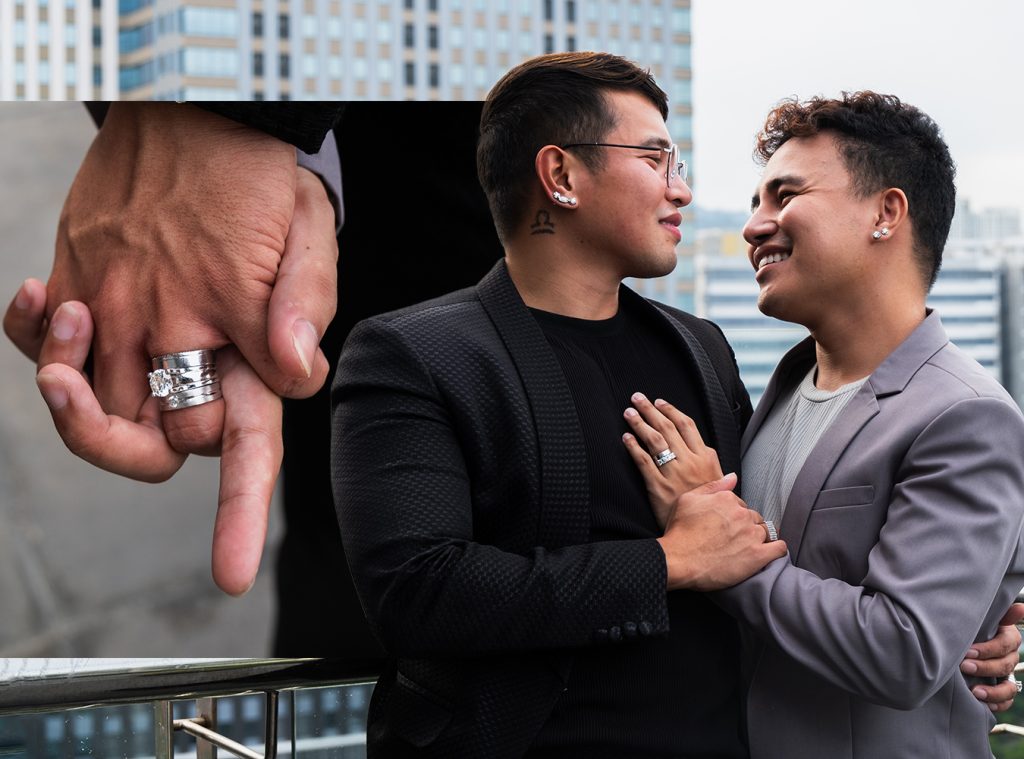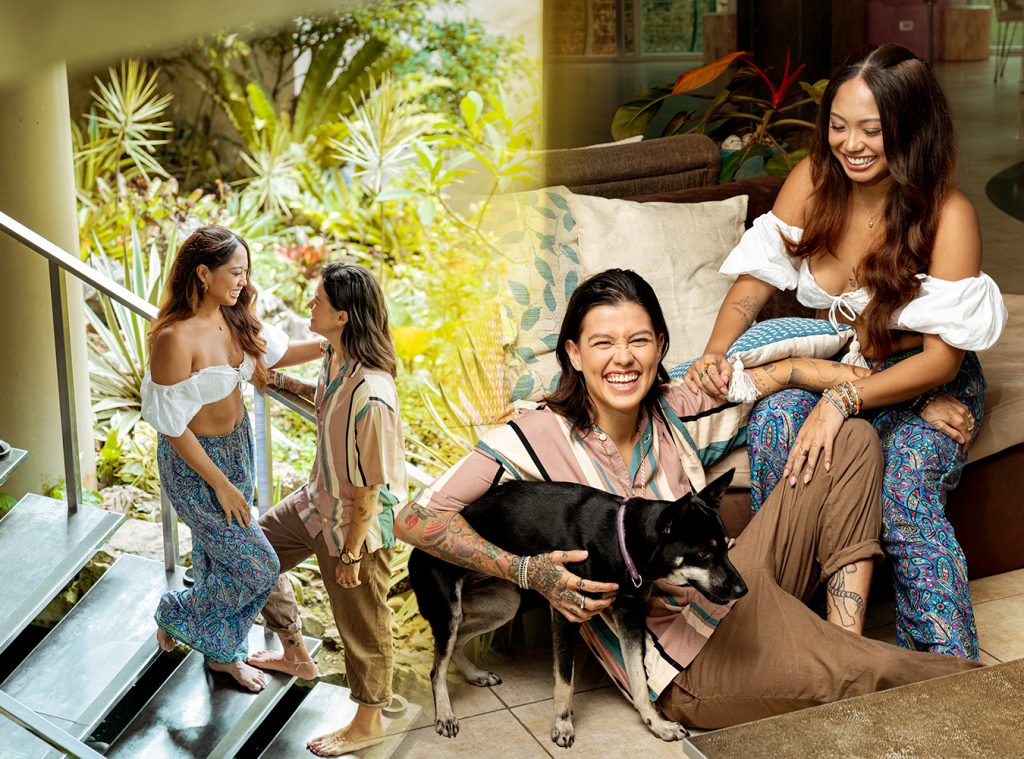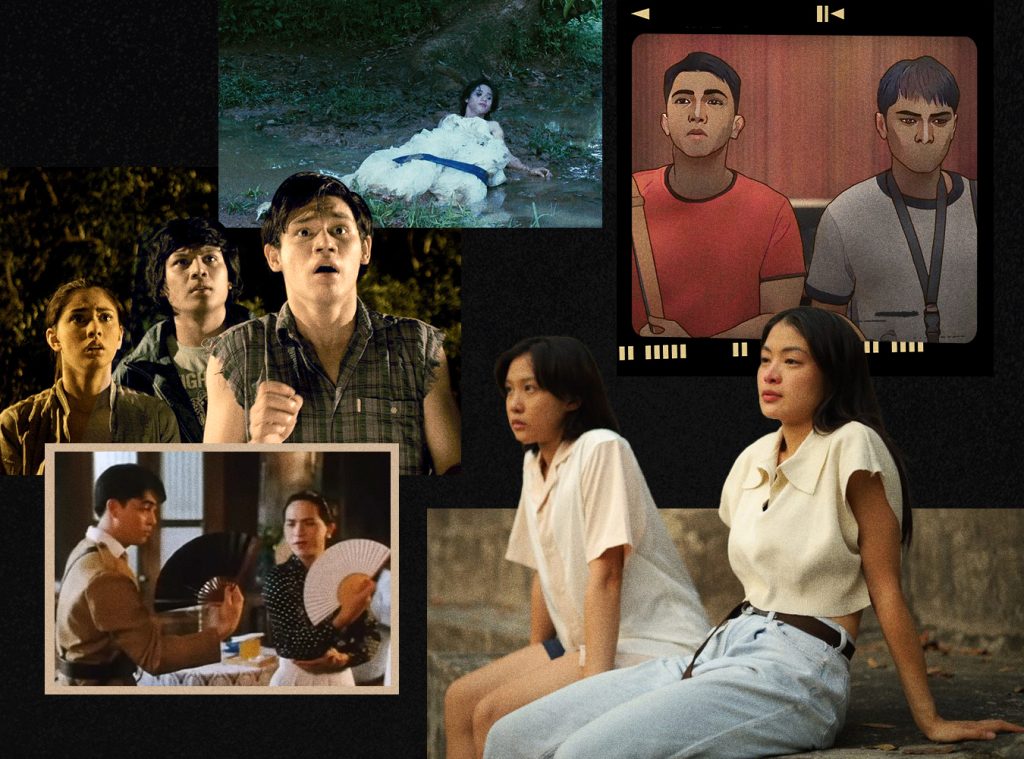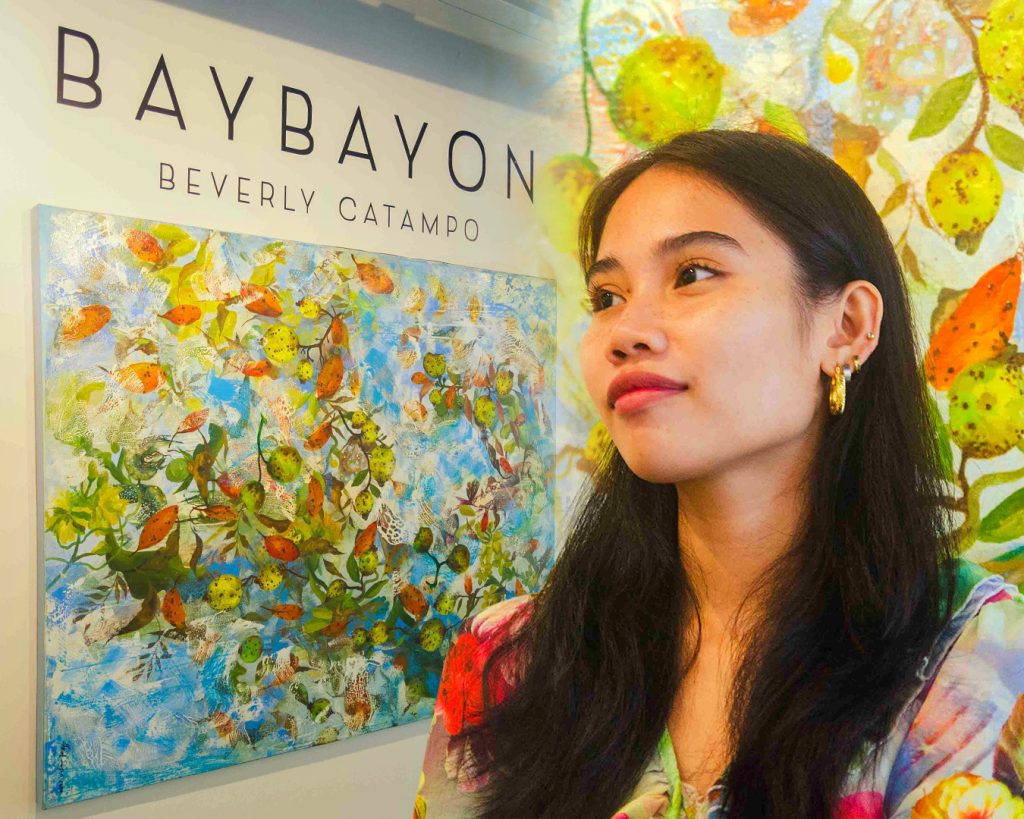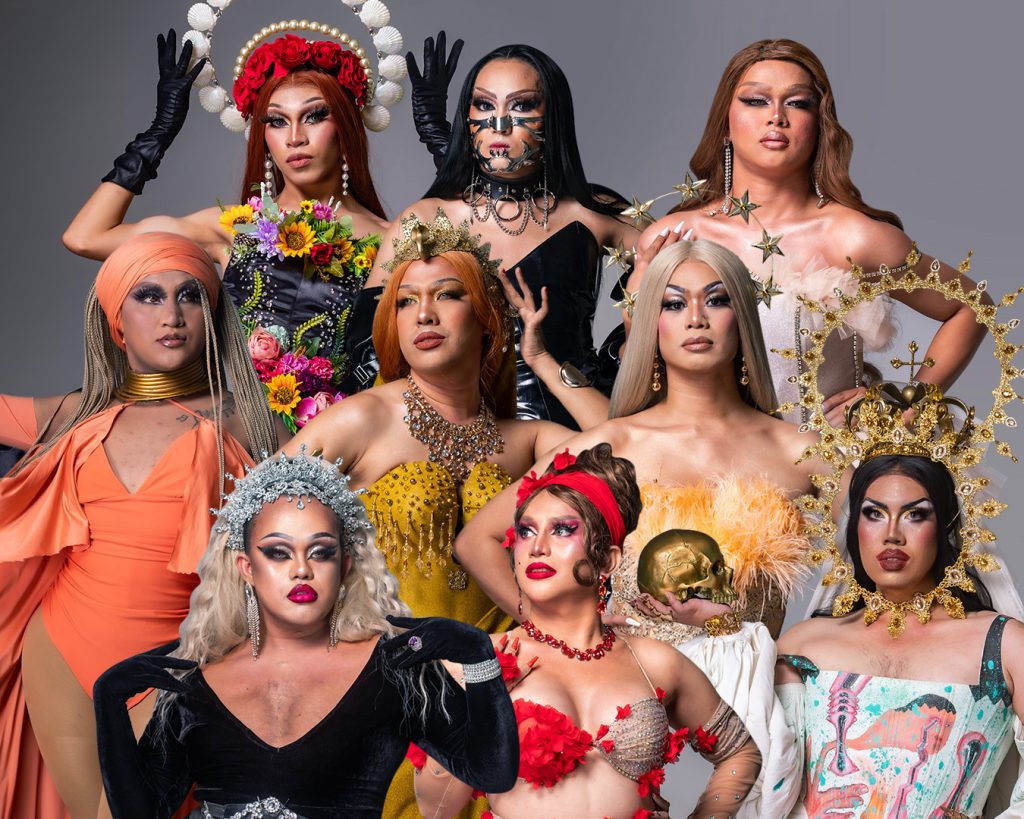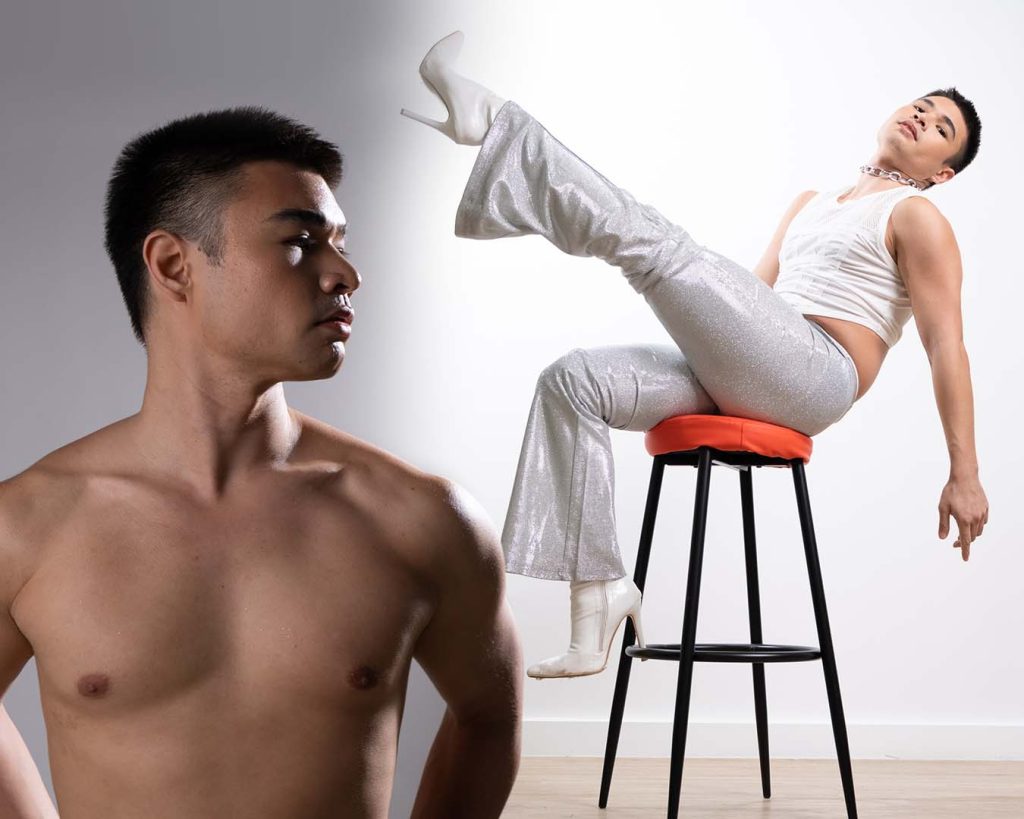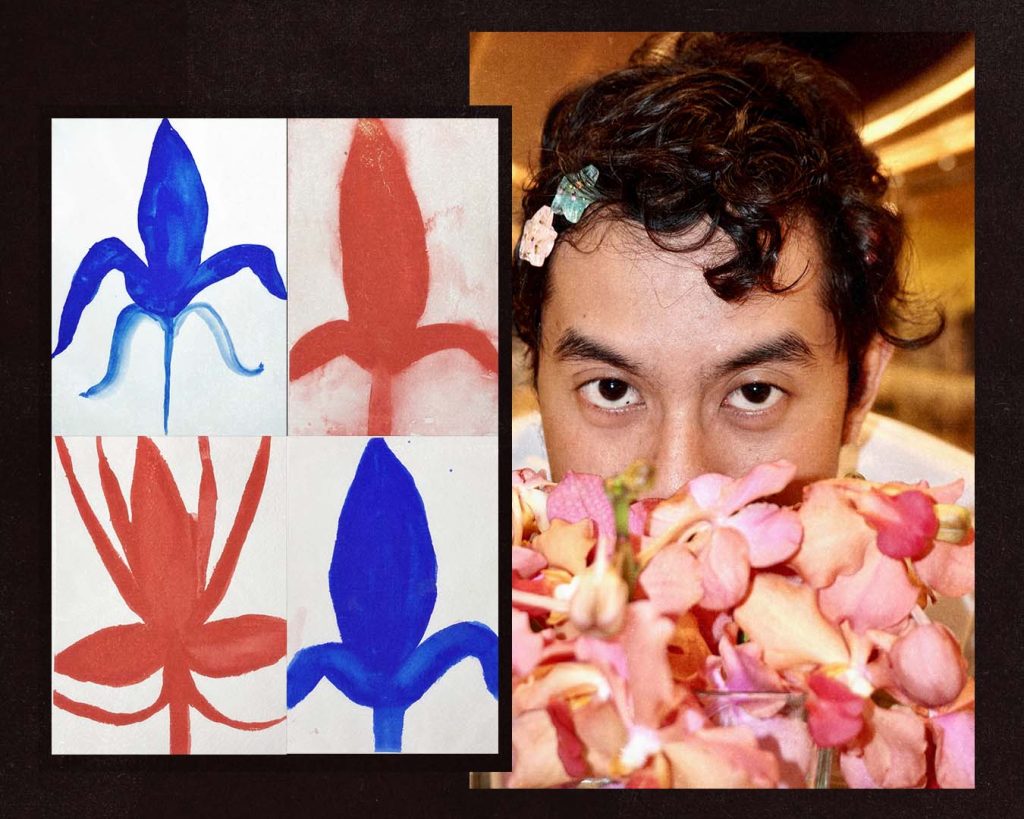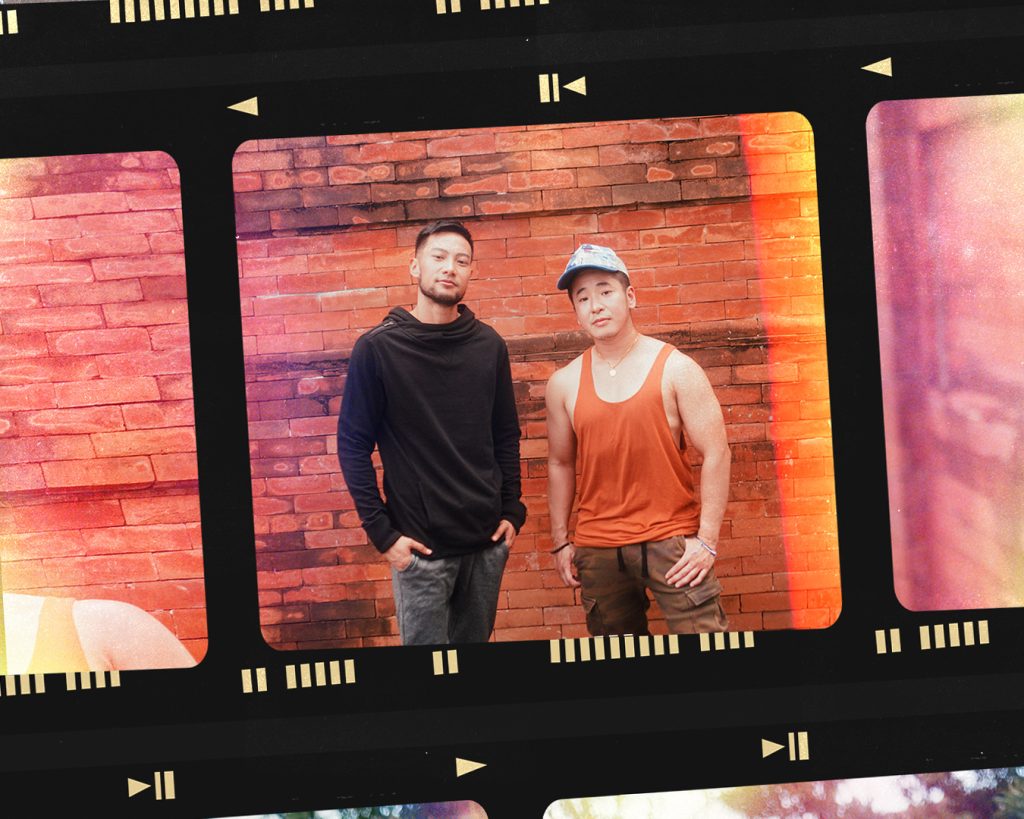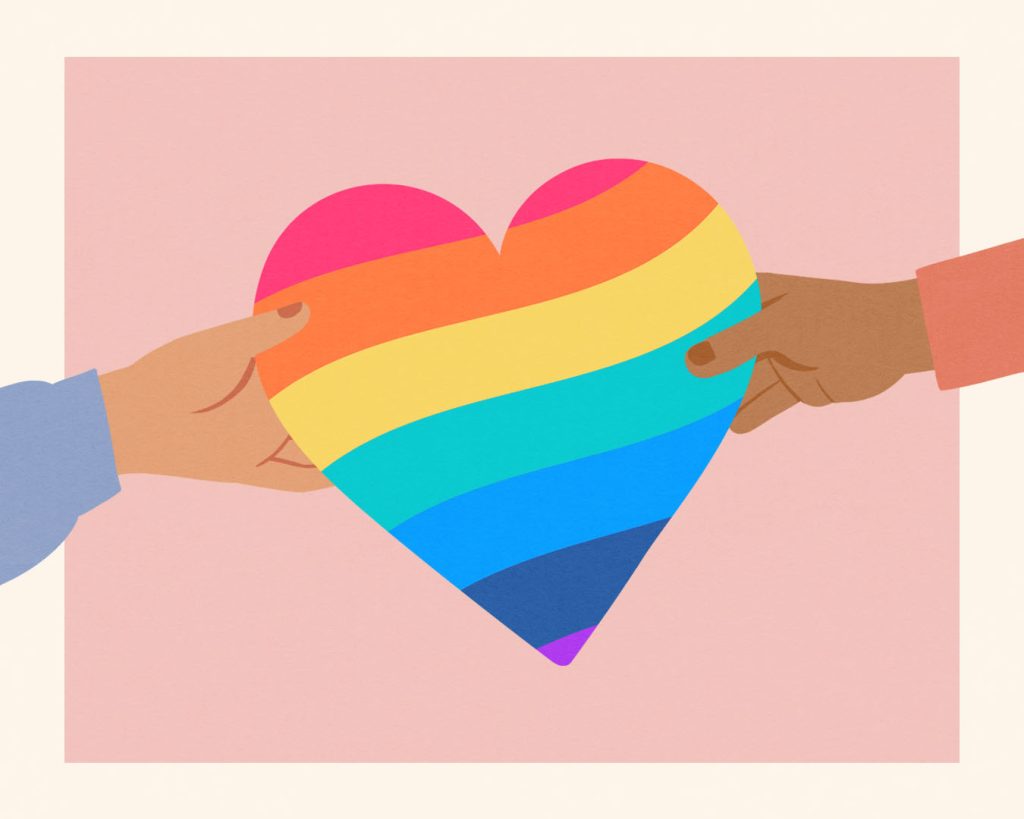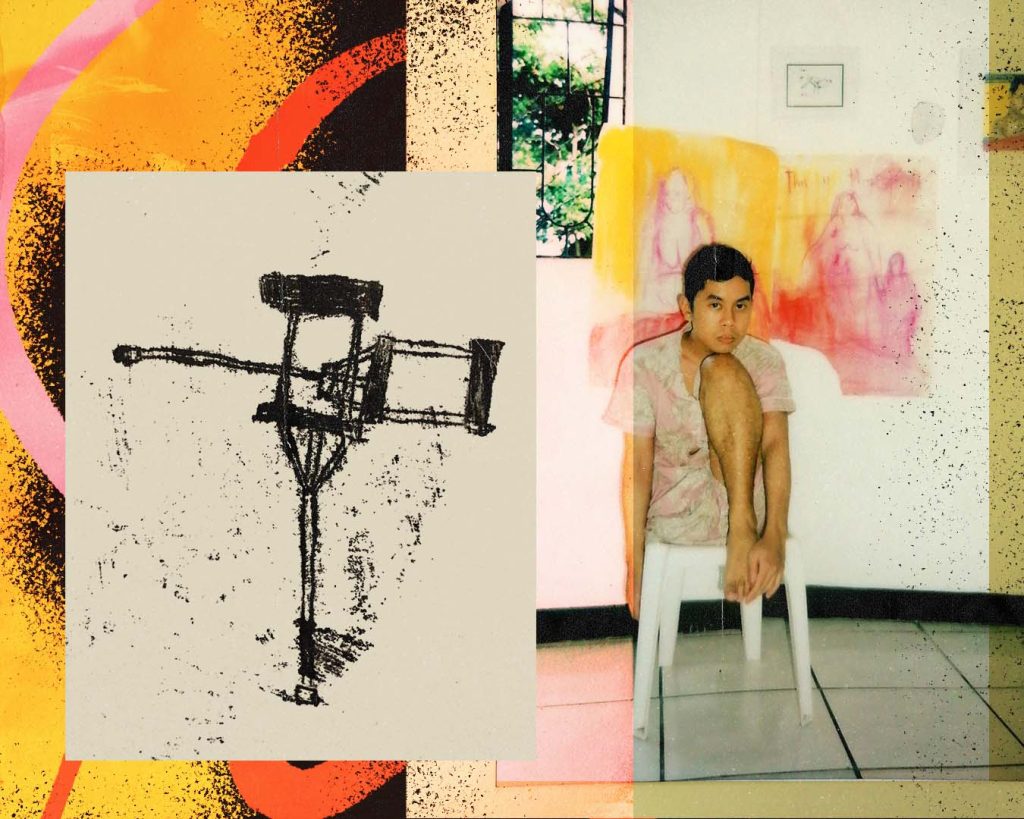Academic institutions are one of the first places where queer people should be able to bloom freely into their own identities. However, many universities enforce repressive policies that curtail queer people’s gender expressions, forcing LGBTQ+ youth to minimize themselves or shut themselves out completely.
As Pride Month comes to a close, I organized a Pride-themed picnic in the middle of IT Park, Cebu, to talk to Joel, Nico, Christian, and Kara— four young Cebuanos about growing up queer, challenges they face in their respective universities, and their advice for fellow queer youth.
Pride Month started as a commemoration of the Stonewall Riots in June 1969, where queer people fought back against police raids in queer-frequented areas including the Stonewall Inn in New York City. As the years have passed, the celebration of Pride Month in June spread worldwide, with queer-led organizations and LGBTQ+ individuals organizing different activities to celebrate their identities and strengthen communities. Recently, the Quezon City Government in the Philippines garnered 110,752 attendees in their Pride celebration called “Love Laban”. Throughout June, Pride events popped up around Cebu City with drag shows, gallery exhibitions, and other activities.
Despite this, the LGBTQ+ community still suffers from homophobic violence and discrimination all around the world. In fact, more than 60 countries still criminalize homosexuality. In the Philippines, the Sexual Orientation and Gender Identity Expression (SOGIE) Bill or the Anti-Discrimination Bill (ADB) was first filed in 2000 but has yet to be passed into official legislation, leaving queer people no legal protection against sexual and gender-based discrimination according to law.
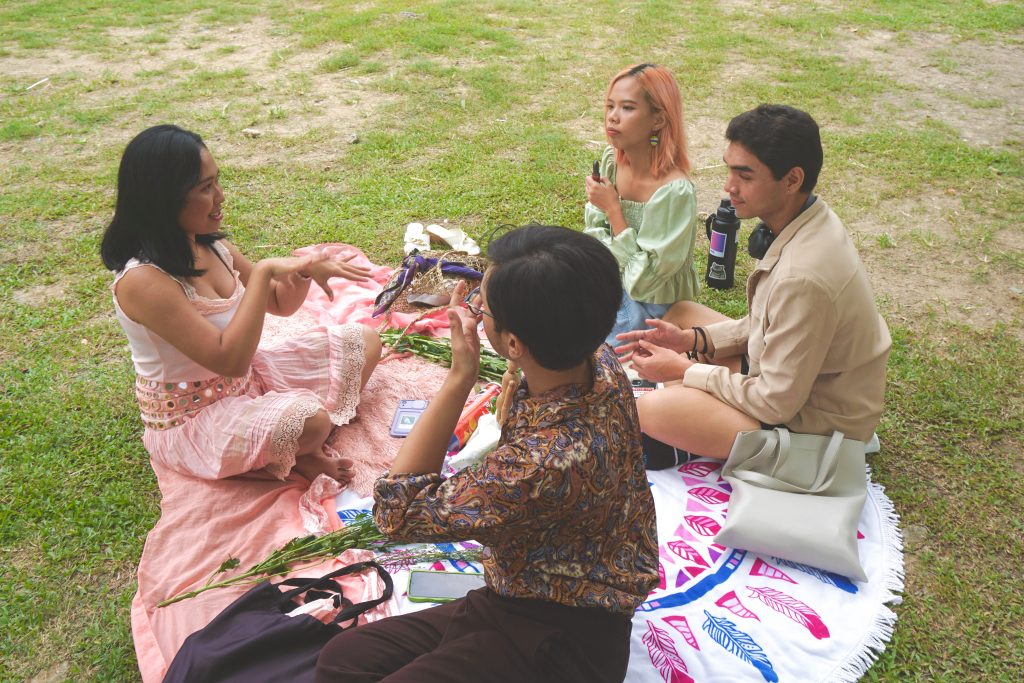
Many conservative lawmakers cite religion as a justification for the lack of legal accommodation for queer people. Joel, a councilor of the Supreme Student Council at the University of San Carlos and a member of the Student Alliance for Nationalism and Democracy (STAND-USC) says that the Philippines’ religious nature isn’t surprising as one of the reasons for the slow progress of bills such as the ADB.
Joel contextualized this through the effects of colonization on the pre-colonial Philippines. “In the [pre-colonial] past, there were people who didn’t conform to the traditional gender binary, such as the babaylans. But because of the Spanish colonization’s erasure of pre-colonial history in the guise of ‘bringing God to our country’, they also attempted to eliminate the existence of queer people and their resistance. This manifests today in legislators and essentialists who justify discrimination against queer people using religion.”
Nico, the newly elected chairperson of the University of the Philippines Cebu University Student Council and cultural community organizer added that colonization’s effects on how the Philippines treat queer people also bleeds into different facets of culture. “We can still see remnants (of colonization) because of how foreign control continues to manifest itself in economic and political spaces, but also in our culture. With this, we can see the power dynamics in the cultural hegemony present in the law, as well as in media.”
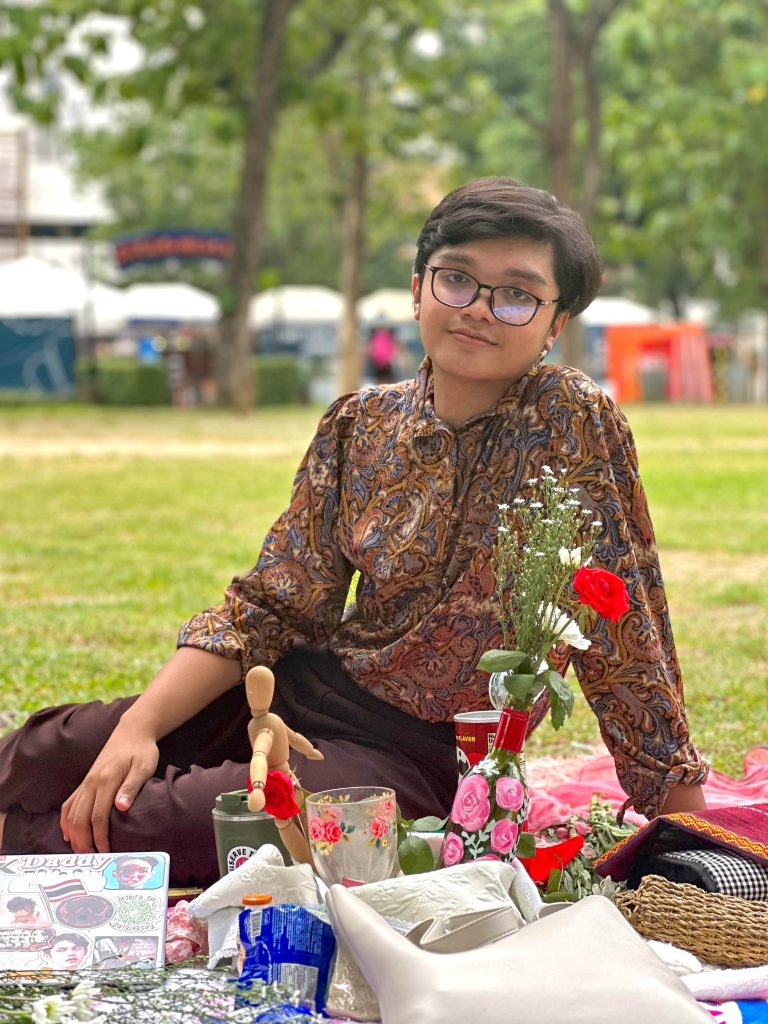
Christian, a councilor heading the Gender and Development Committee at the University of the Philippines Cebu and a member of Kabataan Partylist UP Cebu, said that despite this, media representation has propelled the struggle for LGBTQ+ rights in the Philippines.
“We can see more movies and series dealing with LGBTQ+ issues which is representation, and at the very least, it’s still progressing, [which means that] we’re improving culturally,” Christian said. “But politically, the LGBTQ+ community is merely tolerated but not yet fully accepted, since there is a lack of laws protecting our rights.”
Kara, a mental health advocate and the Health, Safety, and Wellness officer of Gabriela Youth USC feels that the LGBTQ+ situation in the Philippines is still very backward because of the generational gaps. “We have a lot of younger people wanting to move forward, but they’re held back by generational trauma. Even when they try to express themselves in their nuclear families, the older generations don’t understand them.”
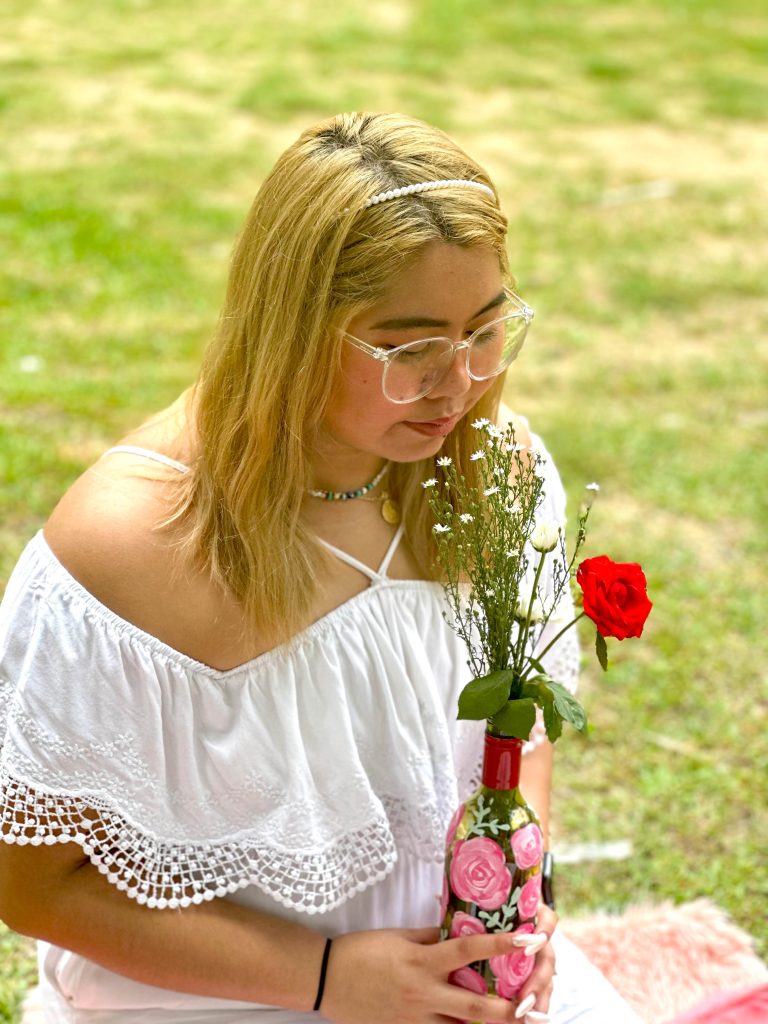
“The very basic thing that older people can do to help LGBTQ+ youth is to simply be accepting and embracing,” Christian said. “As a bisexual man who grew up in a very religious and conventional family, there was an intense pressure to be straight. I think it chained me and it limited my expression.”
“As a child, if I had more support from my parents and they accepted me for who I am, I wouldn’t have to undergo mental challenges thinking who I am is wrong,” Christian said, emphasizing that society being inherently patriarchal deeply affected how he navigates the world as a man. “I felt like I have to be the man and fit into the standards of patriarchal society. It’s wrong because I’m changing who I am. Now, I’m more free and more comfortable with my body, my personality, and my sexuality. It’s liberating to just be who I am.”
“I think parents should be able to listen without judgment,” Kara added. “Most of the time, when growing up as a queer person, you just want to be heard. (Queer children) should be able to tell their stories to people they trust without feeling worried that they are going to be judged or treated differently.”
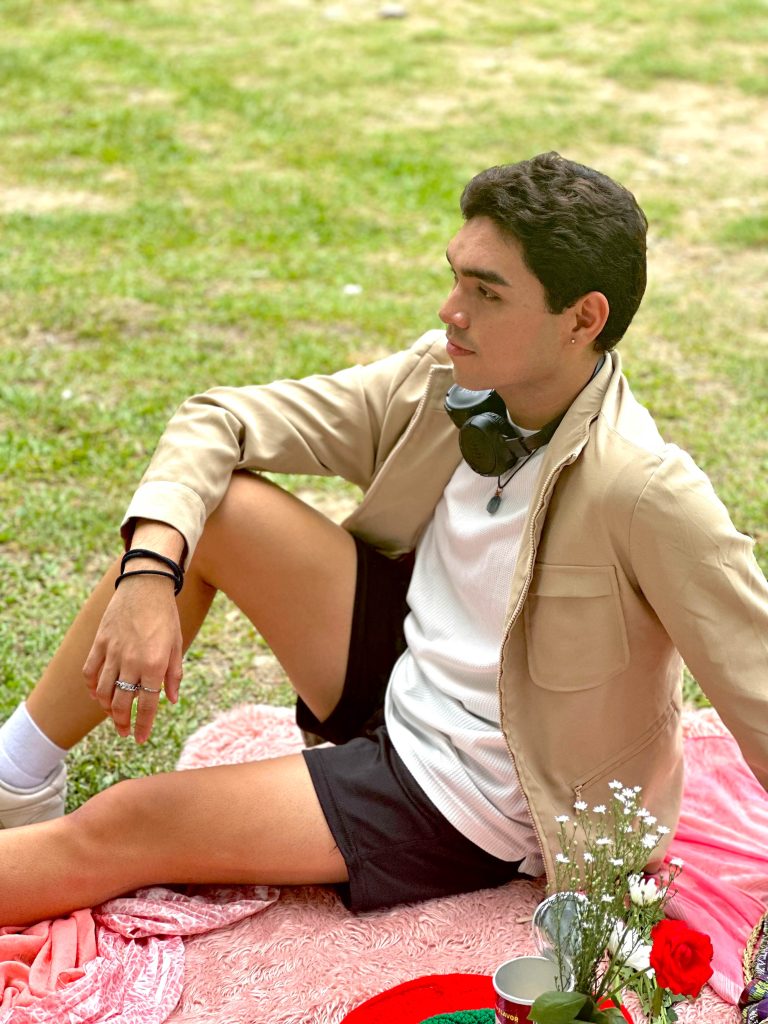
“When you have children, I think it’s important to love them unconditionally, regardless of what they identify as,” Kara said.
Joel said that as a young person, feeling safe in one’s identity is an ongoing struggle. “More than just struggling with coming into terms with our sexualities and identities, we also have to come into terms with how it affects the way we define the world around us… how we define love, relationships, and the politics that surround that.”
The student leaders weighed in on the situation of LGBTQ+ students within their universities. “When we speak of university policies, they should always be inclusive,” Nico said. “In the University of the Philippines Cebu, one of the campaigns that we won was to have all the students wear their preferred graduation attire based on their lived identities.”
“Last year, we advocated for this in response to the anxieties of the students following the implementation of other campus units where they were forced to wear clothing based on their assigned gender at birth.”
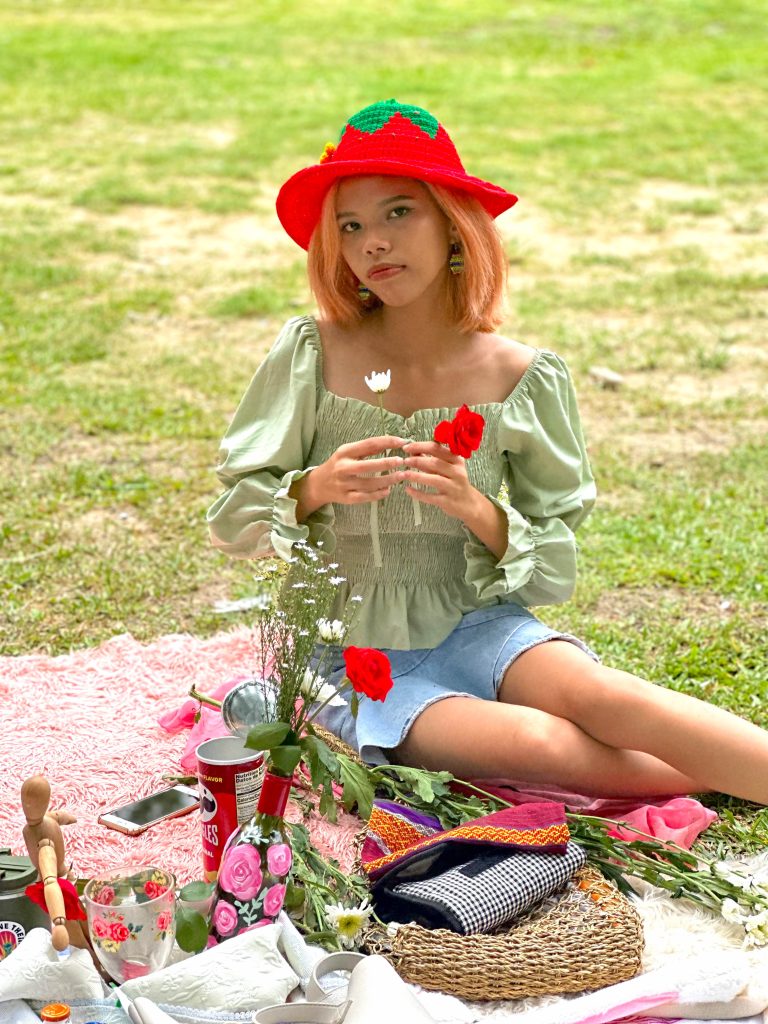
Joel pointed out similar campaigns at his university. “At the University of San Carlos, we can see the manifestations of how the LGBTQ+ community is still vulnerable to discrimination. There is an ongoing call to abolish the dress code policy in USC because trans people are still not allowed to wear the uniforms that they identify with, and there are still so many restrictions when it comes to dressing up and expressing oneself in the university.”
“It’s very frustrating that even in the seemingly unobtrusive part of the policies such as not allowing certain types of clothing, such as piercings or shorts, in the bigger picture, it still shows how repressive school policies are,” Joel said. “Schools are the institutions that should respect students’ expressions of their identities. However, the welfare of the students, especially LGBTQ+ students is disregarded. It’s a continuing struggle for us student leaders to exhaust all means to banner and expose these issues from inside of the schools.”
For these young Cebuanos, to live loudly is to also struggle loudly. In the struggle for genuine queer liberation, Nico said that it is important to participate and join the calls of the broader masses. “It is possible to link our personal struggles to bigger and wider problems that can only be solved and won collectively.”
“Pride, first and foremost, is a protest,” Christian said. “It is all about liberating ourselves from all our fears and societal expectations. Most importantly, it is about being who you are.”
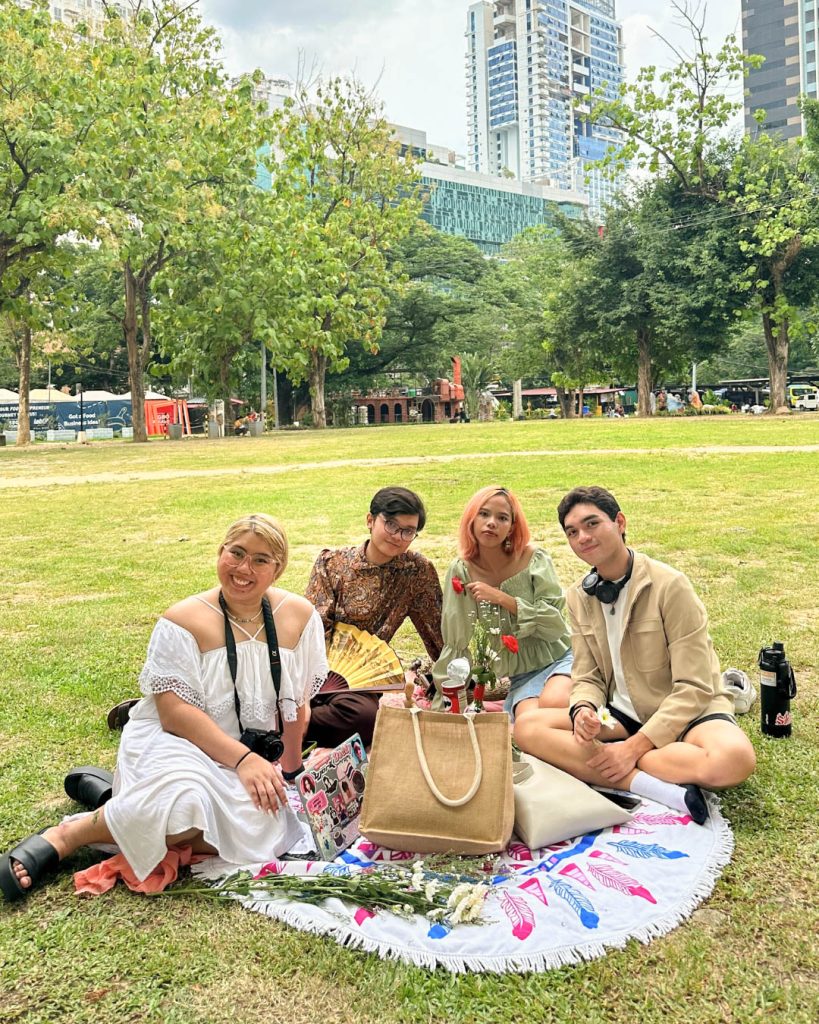
“Aside from this, Pride seeks to liberate us from the deeply embedded societal issues that affect our lives,” Joel said. “To liberate gender and sexuality is to liberate society.”
Nico gave advice to queer youth who are struggling with their identities. “There is nothing wrong with you, and there is nothing wrong with loving. What’s wrong is society refusing to recognize your identities.”
Christian agreed. “There’s nothing to change in you— it’s the system that has to change. My advice is to embrace who you are and know that you are loved and you deserve it.”
“There will be a lot of people who will tell you what to do, who to love, and who you should be,” Kara said. “But you can’t listen to these external voices because what matters most is yours. You’re capable of discovering who you are and no one can tell you otherwise.”
and who you should be,” Kara said. “But you can’t listen to these external voices because what matters most is yours. You’re capable of discovering who you are and no one can tell you otherwise.”
With all the pops of color, fireworks, glitter, and fun, it’s easy to consider Pride as a mere celebration. Lest we forget, Pride was and continues to be, a protest. It is important for us to listen to the voice of the youth and understand their struggles to push forward for a better world they will soon inherit.
Long live queer pride!
Photography Kara Salimbangon


